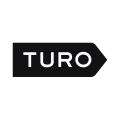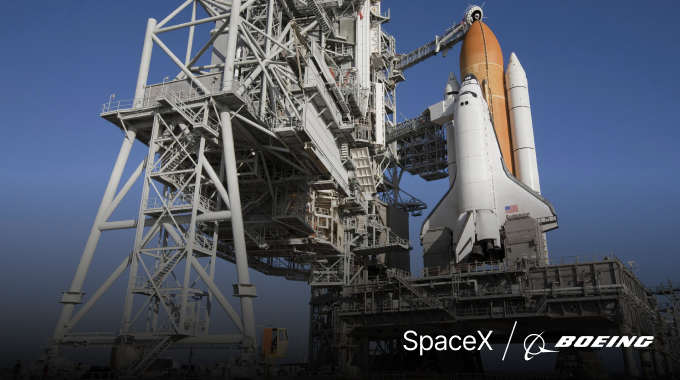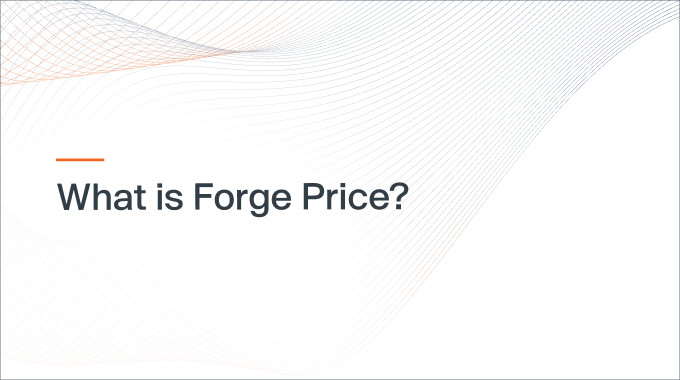Four companies with plans to go public have provided investors with additional financial information about their eagerly-anticipated IPOs.
Instacart, the online grocery-delivery company, goes public today at $30 a share.
Klaviyo, a customer-data company, Turo, a peer-to-peer rental car company, and Neumora Therapeutics, a biotech that is developing drugs for brain diseases, also provided fresh insights about the nature of their intended IPOs.
Last week, Arm Holdings, a semiconductor design firm that was wholly owned by Japanese investment firm Softbank, went public. It was one of the first major tech IPOs since late 2021.
San Francisco-based Instacart’s IPO at $30 a share reportedly puts its valuation at $10 billion.
Even a proposed valuation of $10 billion represents a 74% discount from the $39.13 billion the company was valued at in February 2021, its last private funding round according to Forge Data, a clear sign of the challenging market conditions that many startups have faced during the past year. Instacart also has a wide variety of competitors, ranging from brick-and-mortar retailers to online services such as Amazon, DoorDash, and Grubhub.
But the company, which reported revenues last year of $2.55 billion, a 39% increase over the previous year, has the support of large investors such as PepsiCo, Norges Bank, Sequoia Capital, and D1 Capital Partners.
Meanwhile, Reuters reported last week that Klaviyo, which helps companies with their email marketing efforts, is seeking a fully diluted valuation of up to $8.4 billion in its planned IPO. Boston-based Klaviyo, according to Reuters, plans to offer 19.2 million shares at a price of between $25 to $27 a share and hopes to raise up to $518.4 million. As is the case with Instacart, Klaviyo’s proposed valuation in the public market is a drop from the $9.15 billion the company was valued at based on its last funding round in 2021. The company announced last month that it’s seeing growing demand from companies in industries such as restaurants, travel, and events and entertainment. One of Klaviyo’s biggest financial backers is Shopify, the Canada-based e-commerce company, which reportedly owns 11% of Klaviyo’s shares, according to CNBC.
Turo, the peer-to-peer ride-sharing company that filed IPO paperwork last year, also let investors know recently that it plans to go public this fall, according to Bloomberg. The news service reported that Turo’s investor roadshow could start as early as October, according to unidentified sources.
Unlike a traditional rental car company like Hertz or Avis which owns a fleet of cars, Turo simply uses its software to connect individual car owners with short-term renters, in the same way that Airbnb does for homes. The company’s largest investors include IAC/InterActiveCorp, August Capital, Canaan Partners, and G Squared.
Finally, Neumora Therapeutics announced that it is seeking a valuation of up to $2.74 billion and plans to offer its shares at $16 to $18 per share, which could help the company raise up to $264.8 million, according to Reuters. The Watertown, Mass.-based company’s last known valuation, as of October 2022, was $1.33 billion.
Softbank and biotech giant Amgen have made sizable investments in Neumora.







